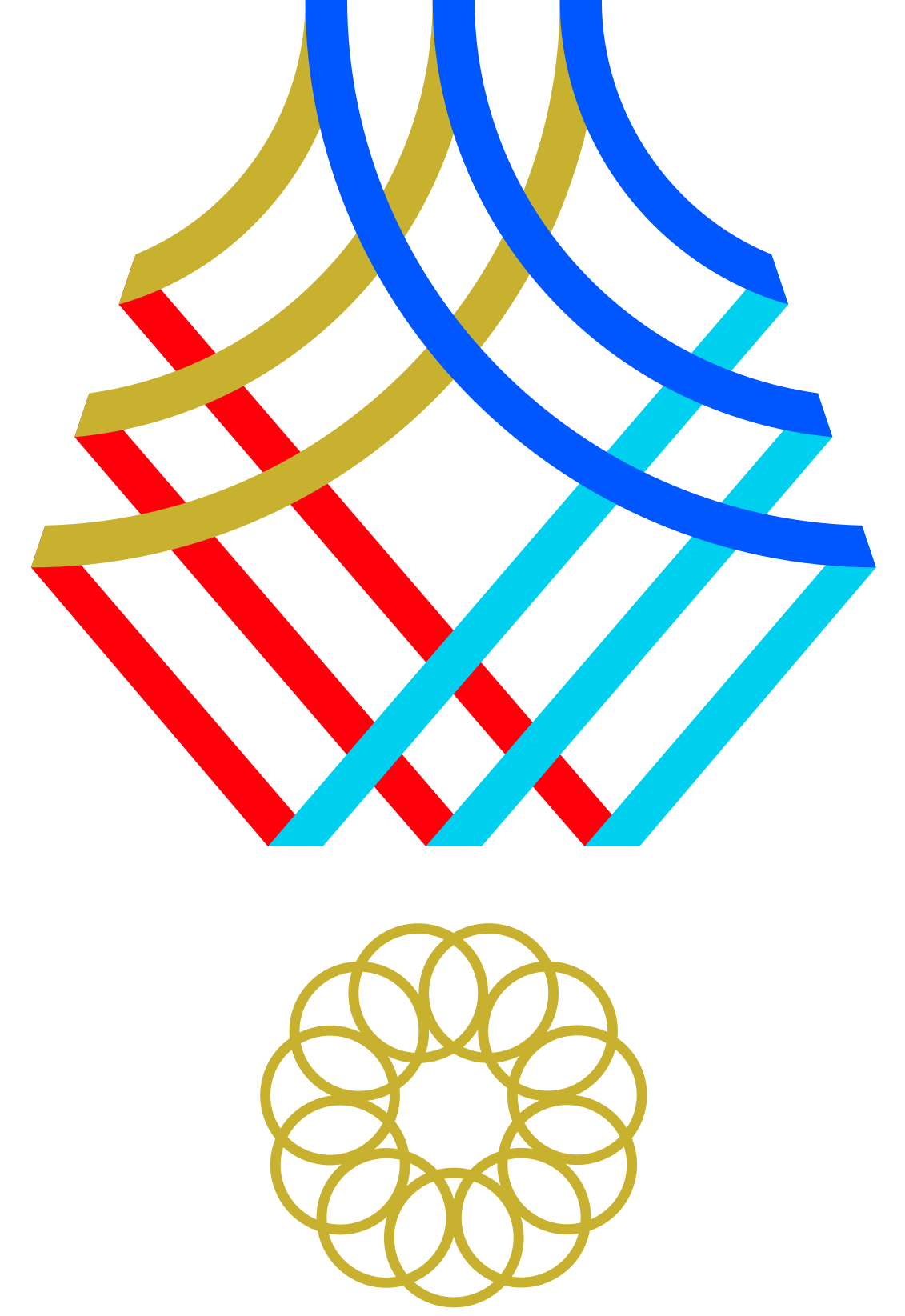KUCHING, Sept 6: A pronounced emphasis on interconnections were highlighted during the third edition of the Sustainability and Renewable Energy Forum (SAREF 3.0) in shaping the future of clean renewable energy by leveraging on shared resources.
However, it raises the pertinent issue of what’s often referred to as the “energy trilemma” – the complex challenges of simultaneously ensuring energy security, affordability, and sustainability.
Executive Director of the ASEAN Centre For Energy, Dr Nuki Agya Utama, believes that the Asean Power Grid (APG) can play a role in solving the “trilemma”.
He pointed out that the APG could provide solutions to the trilemma by establishing grid connections among the ten member countries.
“Over the past five to seven years, APG has been progressing very strongly due to the needs and interests from member state.
“Therefore, APG will answer those trilemma by having grid connections among the ten countries and sharing the indigenous renewable energy from one country to another as well as sharing the demand load and technology,” Dr Nuki said in an exclusive interview with TVS at SAREF 3.0.
He added while there is no significant gap in terms of power technology, Dr Nuki hopes that all country members to improve upon its grid infrastructure.
“We really need to upgrade our grid infrastructure to be agile enough to absorb the supply electricity from any kind of energy sources especially renewable energy (RE).
“Otherwise, we cannot transfer the electricity one country to another,” he said.
Earlier, in his opening remarks Sarawak’s Premier, Datuk Patinggi Tan Sri Abang Johari Tun Openg stressed the importance of interconnections and intraregional partnerships in this endeavour.
Notably, in May, Putrajaya lifted the ban on RE exports, signaling plans to develop cross-border RE trading.
Sarawak had already embarked on this journey in 2016 through its Borneo Power Grid collaboration with West Kalimantan, Indonesia. – TVS












